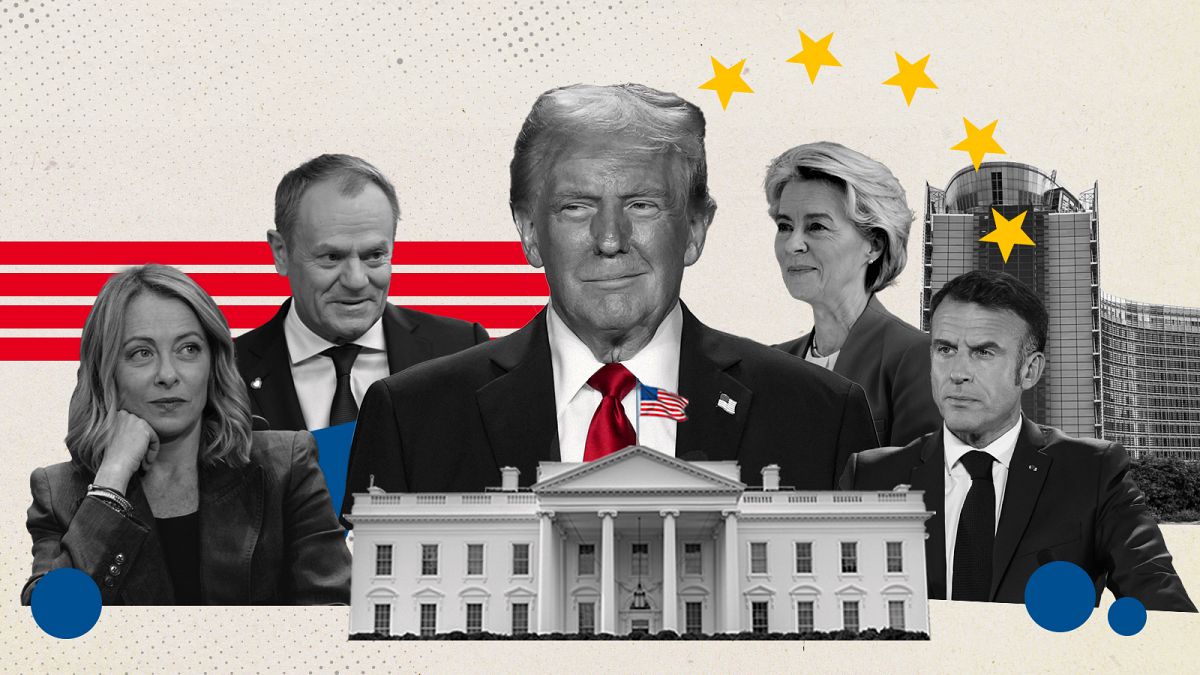The European Union is preparing for Donald Trump’s return to the White House by crafting a unified strategy to navigate the challenges ahead. Despite Trump’s previous aversion to the multilateral system, EU officials and diplomats believe that dialogue and cooperation are crucial to maintaining the longstanding alliance between the EU and the US. Leaders from across the political spectrum emphasize the importance of engaging with Trump and listening to his foreign agenda in order to adapt with a strong European collective response.
Trade will be a key point of contention between the EU and the US, with Trump threatening to impose tariffs on imports that could have a significant impact on European economies. EU leaders are exploring ways to appeal to Trump’s business instincts and highlight common interests to avoid a potential trade shock. Ursula von der Leyen has proposed increasing the import of American LNG as a way to strengthen the relationship and lower energy prices in the EU.
The EU is also focused on strengthening its own resilience and strategic autonomy, particularly in the realm of defense. Macron’s concept of strategic autonomy has gained traction and inspired proposals to boost domestic green technology and microchip production. EU leaders are preparing for the possibility of reduced military and financial aid from the US, emphasizing the need for Europe to change and adapt to cope with the changing global landscape.
While EU leaders are united in their support for Ukraine and in containing Vladimir Putin’s expansionism, there are concerns that diverging national interests could undermine the bloc’s unity. Some leaders, like Viktor Orbán of Hungary, have pushed for negotiations with Russia, which has been met with skepticism by other EU members. Maintaining unity in the face of potential challenges from the White House will be crucial to the EU’s ability to project a strong and coherent response.
As Europe prepares for Trump’s second term, leaders are balancing the potential risks and opportunities that his presidency may bring. While there are concerns about the unpredictability of the White House, there is also a recognition that Europe must step up its defense capabilities and assert its independence. Macron has framed the defense of Europe’s interests against China and the US as a historic moment that will test the EU’s ability to navigate a changing geopolitical landscape.
In conclusion, the EU is gearing up for the challenges posed by Donald Trump’s return to the White House by emphasizing the importance of dialogue, cooperation, and strategic autonomy. Trade, defense, and unity among member states will be key issues to address as the EU seeks to navigate the uncertainties of the next four years. By engaging with the US and maintaining a united front, the EU hopes to weather the storm and emerge stronger and more resilient in the face of a changing global order.










